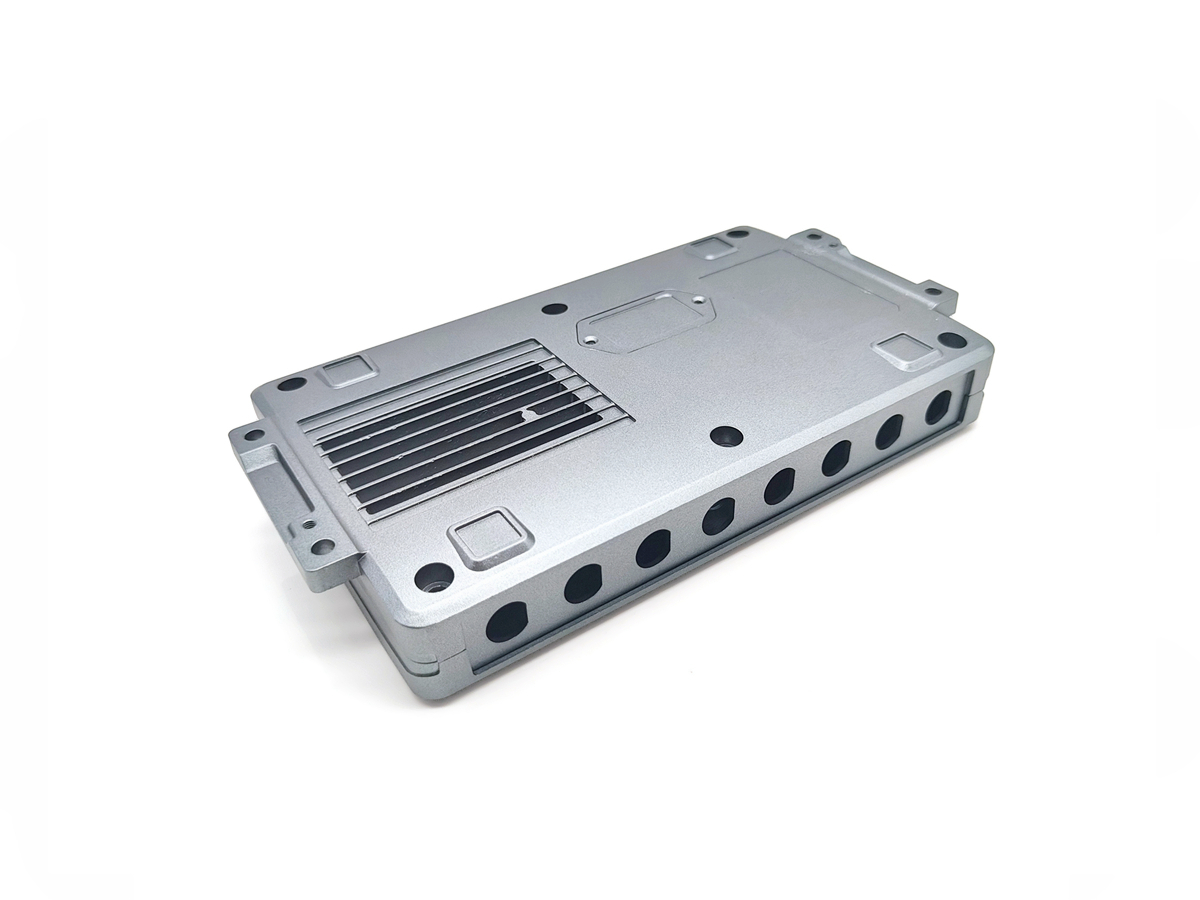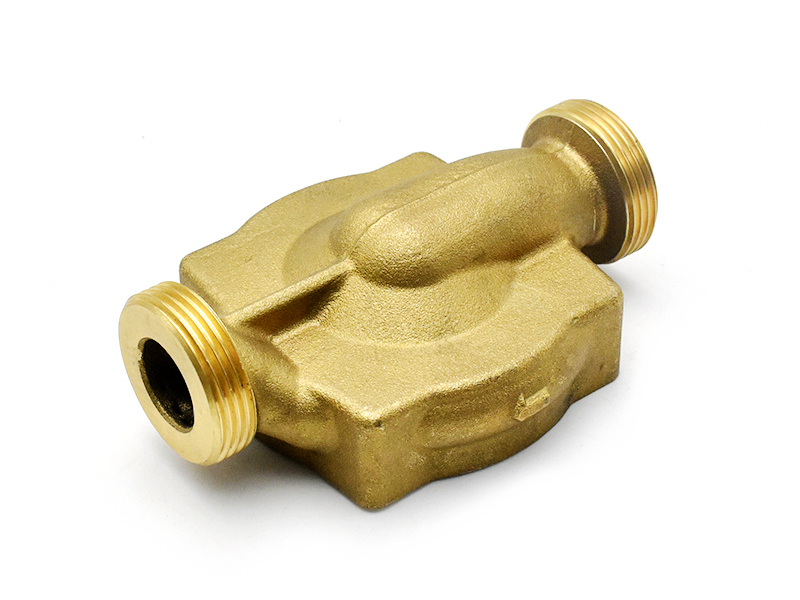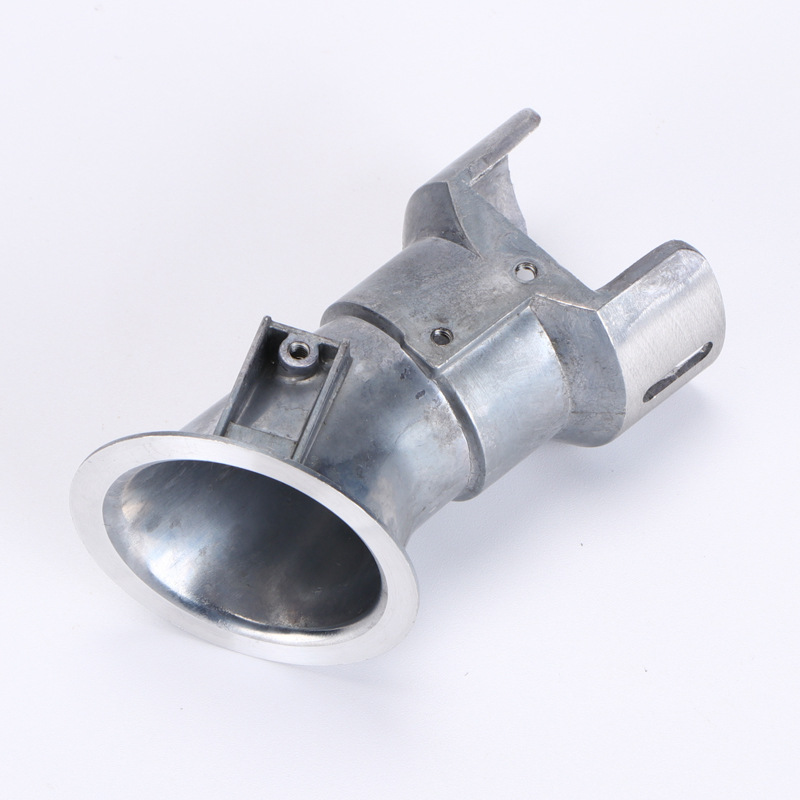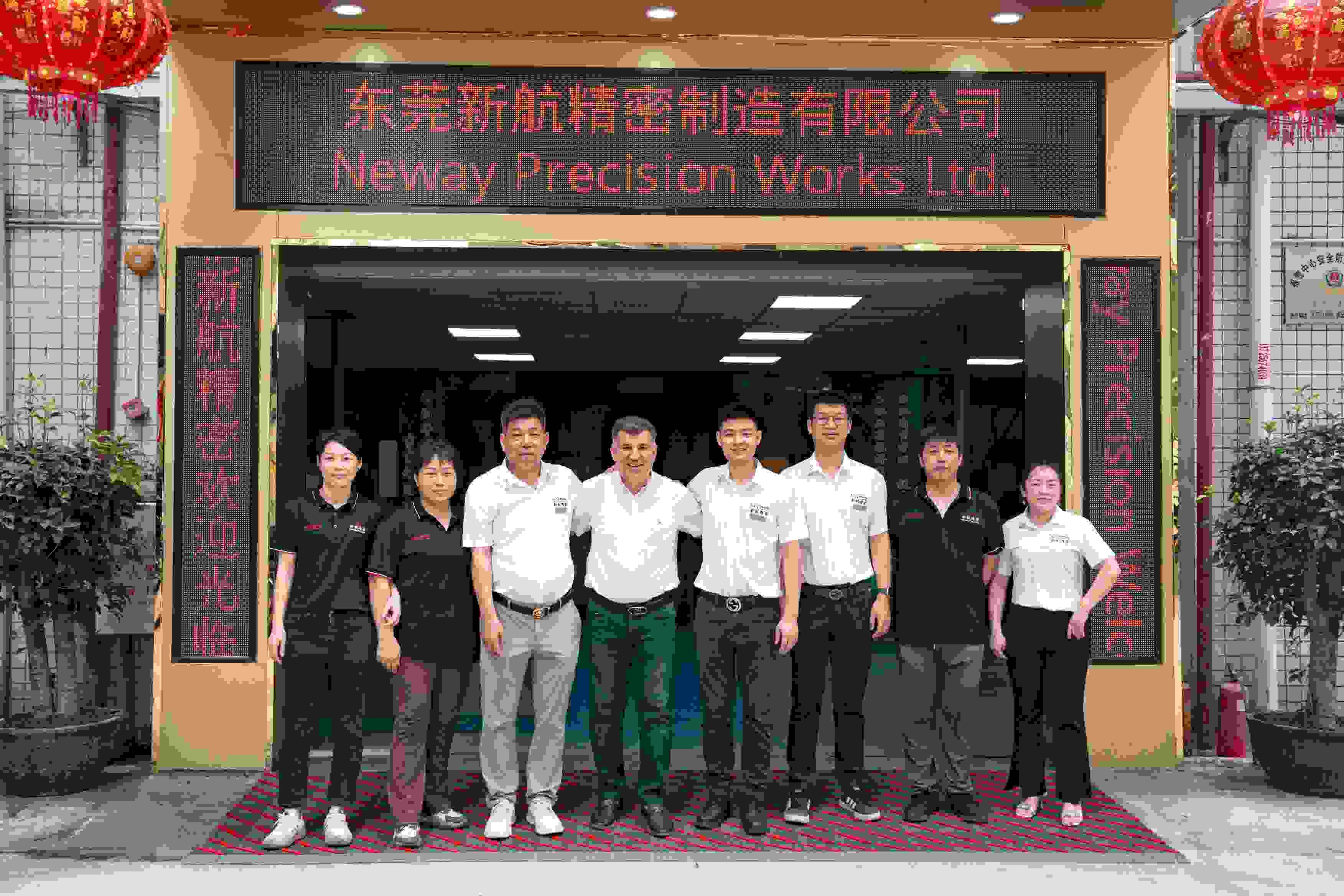C18200
Introduction to C18200 Copper Alloy
C18200, also known as CuNi2SiCr, is a high-performance copper alloy that combines excellent electrical conductivity with enhanced strength, wear resistance, and thermal stability. This makes it ideal for die casting molds and tooling, especially for aluminum, zinc, and magnesium alloys. The alloy's superior conductivity allows for rapid heat dissipation during die casting cycles, making it a key material in reducing cycle times while ensuring mold durability.
At Neway Die Casting, C18200 is utilized in high-performance tooling applications such as core pins, ejector pins, and gate inserts, where both thermal conductivity and mechanical strength are critical for high-volume production.
Why Choose C18200 Copper Alloy for Die Casting?
C18200 is highly valued in die casting for its ability to withstand high thermal stresses and improve mold cycle times due to its outstanding thermal conductivity. Below are the key properties that make C18200 an ideal choice for die casting:
High Thermal Conductivity
One of the standout features of C18200 is its thermal conductivity. It allows the mold to cool more rapidly, significantly reducing the cooling cycle time. In high-pressure die casting (HPDC), faster cooling reduces production cycles and increases throughput. This makes C18200 an excellent material for high-speed, high-volume die casting operations.
Thermal Conductivity: 50–65 W/m·K
Coefficient of Thermal Expansion: 16.5 µm/m·°C These properties ensure efficient heat transfer, helping to control temperature fluctuations during the die casting process.
Wear Resistance and Durability
While providing excellent thermal management, C18200 offers impressive strength and wear resistance, vital for tooling components subjected to high mechanical stress during die casting. Its wear-resistant properties extend the life of mold inserts and gate systems, reducing the need for frequent replacements and thus cutting down on maintenance costs.
Tensile Strength: 380–550 MPa
Hardness: 80–100 HB (annealed) C18200’s excellent wear resistance ensures that die components such as core pins, sleeves, and runners maintain dimensional accuracy for long periods, even under high pressure.
Superior Mechanical Properties
Beyond its thermal conductivity, C18200 also possesses exceptional mechanical properties. It can withstand the high pressures and mechanical stresses typical of die casting processes. This alloy retains its strength even at elevated temperatures, ensuring consistent performance throughout the production cycle.
Yield Strength: 280–350 MPa
Elongation: 15–30% These properties make C18200 suitable for structural parts and inserts where high strength is required without compromising ductility.
Common Die Casting Applications for C18200 Copper Alloy
C18200 is used extensively for various die casting applications where both high thermal conductivity and wear resistance are essential:
1. Core Pins and Inserts
C18200 is often used to make core pins, essential in creating internal features in cast parts. The high thermal conductivity allows these pins to rapidly dissipate heat, reducing the cooling time for each cycle. This is crucial in producing complex aluminum or zinc parts in high-pressure die casting operations.
2. Gate Inserts and Nozzles
Gate inserts and nozzles made from C18200 provide superior wear resistance while ensuring smooth flow of molten metal. The high conductivity of C18200 ensures that these components do not overheat during the die casting process, maintaining structural integrity and preventing thermal deformation.
3. Ejector Pins
Ejector pins made of C18200 ensure smooth part removal from the mold after cooling. The alloy’s thermal conductivity ensures that the ejector pins cool quickly, allowing for faster cycle times and consistent mold performance throughout production.
4. High-Pressure Die Casting Components
In high-pressure die casting (HPDC) operations, C18200 is used to manufacture mold bases, cooling channels, and other tooling components. Its combination of thermal conductivity, strength, and durability ensures that it can withstand the high pressures and temperatures involved in HPDC.
5. Injection Molding Components
C18200 is also used in injection molding for components like mold inserts and sprue bushings, where thermal management and durability are key factors for consistent product quality.
Machining and Processing C18200
C18200 is relatively easy to machine compared to other high-strength copper alloys, making it a practical choice for intricate mold designs. However, its high strength requires the use of carbide or high-speed steel tools during machining. Additionally, special care should be taken to control heat buildup during machining to prevent deformation.
At Neway, we utilize CNC machining, EDM, and grinding to achieve precise mold features and fine surface finishes.
Surface Treatment Compatibility
While C18200 is naturally corrosion-resistant, additional surface treatments can further enhance its performance:
Electroplating: Can be plated with gold, silver, or nickel to improve corrosion resistance and reduce friction in moving parts.
PVD Coatings: TiN or TiAlN coatings can be applied for additional wear resistance, particularly in high-pressure areas such as gate inserts.
Polishing: C18200 can be polished to a high finish for optical-grade molds or highly detailed components.
FAQs
How does C18200 compare to other copper alloys like C11000 in terms of thermal conductivity?
Can C18200 be used for both die casting and plastic injection molding applications?
What is the maximum temperature that C18200 can withstand in die casting molds?
How does C18200 perform in high-velocity die casting applications?
What is the expected mold life for C18200 in high-pressure aluminum die casting?



